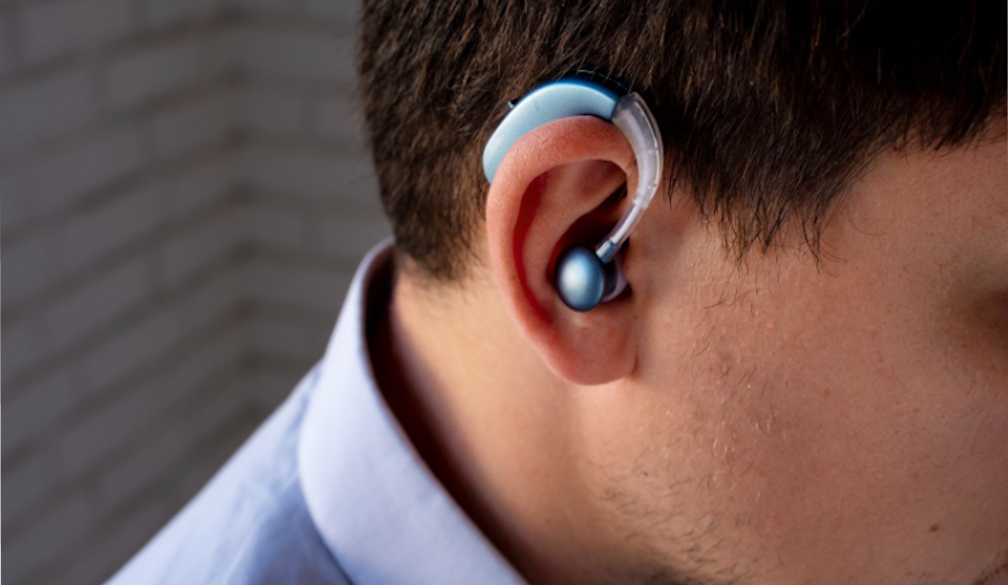Explore the Positive Impacts of Cochlear Implants on Children

Hearing loss in children can have profound effects on their development and quality of life. Fortunately, advances in medical technology, such as cochlear implants, offer a promising solution for restoring hearing and improving outcomes for young patients. In this article, we will explore the positive impacts of cochlear implants on children and how these devices can transform their lives.
Early Intervention and Language Development
Early intervention is critical for language acquisition and cognitive development for children with severe to profound hearing loss. Cochlear implants provide access to sound, enabling children to develop speech and language skills early. Studies have shown that children who receive cochlear implants before the age of 18 months demonstrate significantly better language outcomes compared to those who receive implants at a later age. Cochlear implants provide early access to sound, laying the foundation for lifelong communication and learning.
Improved Socialization and Communication
Hearing is essential for social interaction and communication. Cochlear implants empower children to engage with the world around them, interact with their peers, and participate in classroom activities. With improved hearing, children can better understand speech, follow conversations, and express themselves verbally. This enhanced communication ability fosters greater confidence and self-esteem, enabling children to form meaningful relationships and thrive in social settings.
Academic Achievement and Educational Success
Access to sound through cochlear implants has positively impacted academic achievement and educational outcomes for children with hearing loss. By improving speech perception and auditory processing skills, cochlear implants facilitate learning in the classroom and enable children to keep pace with their hearing peers. With appropriate support and accommodations, children with cochlear implants can excel academically and reach their full potential in school.
Independence and Quality of Life
Cochlear implants offer children greater independence and autonomy in their daily lives. With improved hearing, children can navigate their environment more effectively, communicate with family and friends, and confidently participate in extracurricular activities. Cochlear implants also reduce the need for reliance on visual cues and lip-reading, allowing children to experience a more natural and immersive auditory experience. This increased independence enhances their overall quality of life and improves their well-being.
Emotional and Psychological Well-being
The ability to hear and communicate effectively significantly impacts children's emotional and psychological well-being. Cochlear implants can alleviate feelings of isolation, frustration, and anxiety associated with hearing loss, enabling children to engage in social interactions and express themselves confidently and fully. Improved communication skills and a sense of belonging contribute to greater self-confidence and resilience, equipping children with the tools to navigate challenges and succeed.
Conclusion
In conclusion, cochlear implants have a transformative impact on the lives of children with hearing loss, offering numerous benefits across various domains of development. From facilitating early language acquisition and socialisation to promoting academic achievement and independence, cochlear implants empower children to reach their full potential and thrive in a hearing world. By providing access to sound and enhancing communication abilities, cochlear implants play a vital role in improving the quality of life for children with hearing loss and enabling them to lead fulfilling and meaningful lives.












